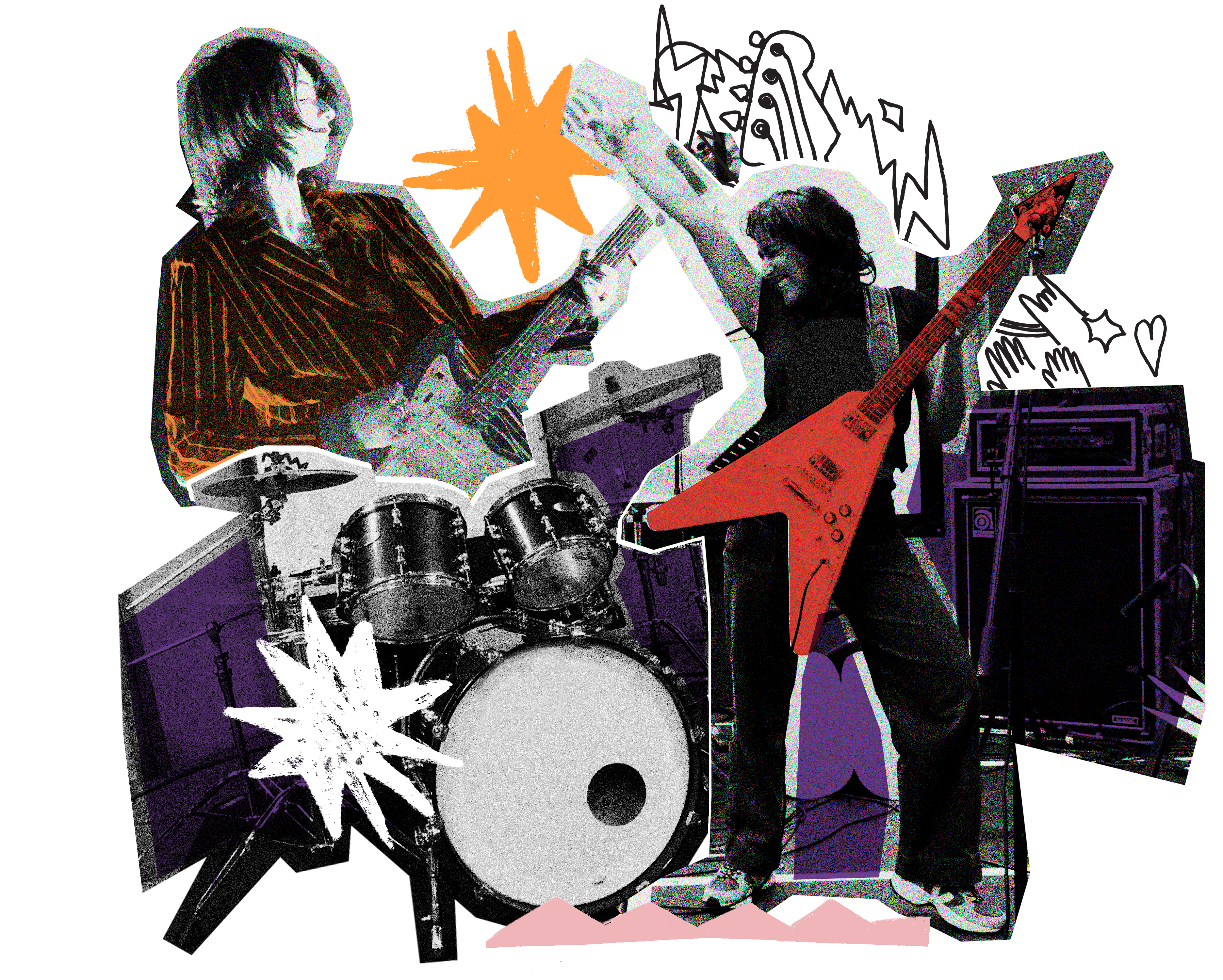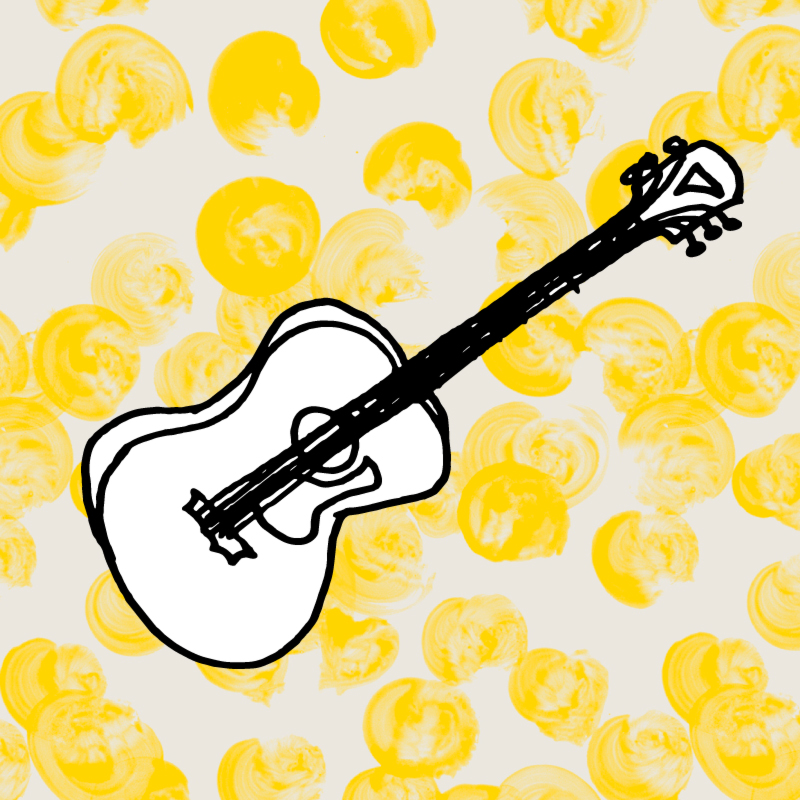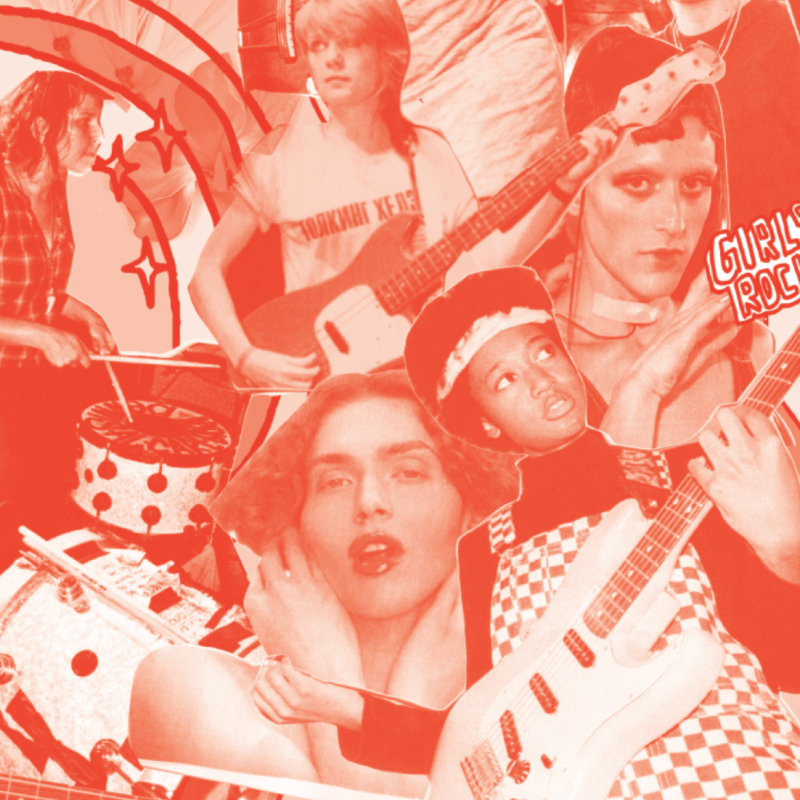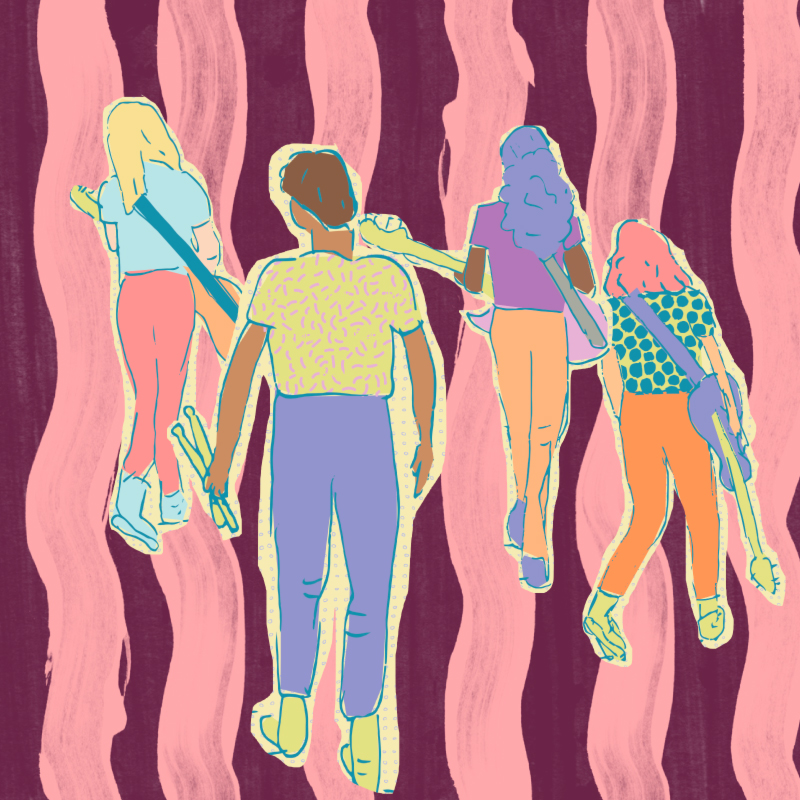Read, Listen & Do
Download the Girls Rock! Activity Book – Volume 01. Packed with songwriting and music industry advice from some of NZ’s top performers.
NZ Music Commission A Beginners Guide To Touring Australia
Listen
Watch
Glossary of terms
Gender
Gender is a social and cultural phenomenon and means different things in different times and places. Gender is often (but not always) understood as an important aspect of personhood. It is impossible to understand gender without considering the cultural context of a person or population. In a western patriarchal context, the idea that there are only two genders (man and woman, or sometimes referred to as male and female) is dominant and other ways of doing gender are often punished. In practice, there are many genders, and there are people who don’t identify as any gender. Gender is often understood as having an impact on the kinds of social and familial expectations, roles, and behaviour that a person performs. A person’s gender is self-determined – only you can accurately assert your gender. Your understanding of what is possible (in terms of gender and how it relates to your social world/whānau/ancestors etc) is determined by a complex interaction between you and the people and environments you are surrounded by.
Sex
Transgender & Trans
We recognise that not everyone uses words like trans and transgender, and that these are primarily white, western concepts which not everyone will relate to or find useful. We acknowledge these terms are connected to colonisation and may or may not be relevant to Māori and Pacific people. Therefore the use of terms like trans and transgender may include tāhine, takatāpui, and other Māori gender minorities, as appropriate.
We also acknowledge that Māori and other Pacific ways of understanding gender and personhood may not fit into the culturally specific and historically weighted framework of white, western concepts of trans and transgender. Indigenous people from this region may use terms like whakawahine or tangata ira tane or takatāpui (New Zealand Māori); fa’afafine or fa’atama (Samoa); fakaleitī leitī (Tonga) or akava’ine (Cook Island Māori) or fakafifine (Niue), for example, and these terms do not simply translate into a white, western framework.
We also recognise that many people will use a variety of terms in order to be seen and understood by other people in a variety of contexts, and this is valid. Our goal is not to be definitive about terms but instead to be clear about the importance of supporting our trans, takatāpui, and intersex whānau, and continuing to learn and grow from the community leaders and organisations working in this area.
Cisgender
Takatāpui
Intersex
Intersex or ‘variations of sex characteristics’ (VSC) refers to people with innate genetic, hormonal, or physical sex characteristics that do not conform to medical and social ideas of how female or male bodies are assumed to be. Intersex is used as an umbrella term to describe these differences in sex traits or reproductive anatomy. There are over 40 different intersex variations. Other terms used to describe being born with variations of sex characteristics are intersex person, a person with an intersex variation, or in medical settings ‘differences of sex development’ (DSD).
Tutor Database
Are you looking for an amazing music tutor?
Check out out Girls Rock Aotearoa music tutors directory!
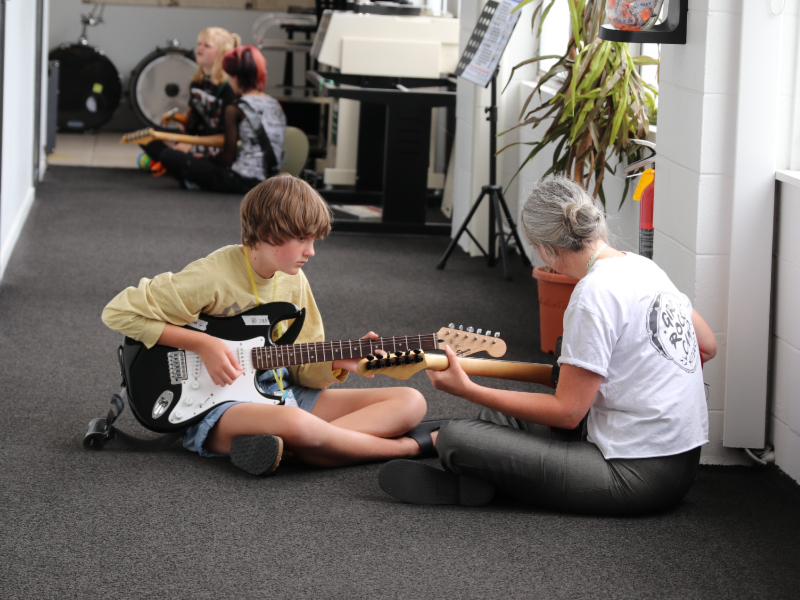
SUBSCRIBE TO OUR MAILING LIST
Stay in touch for updates and info about upcoming events.
We only email every once in a while.
